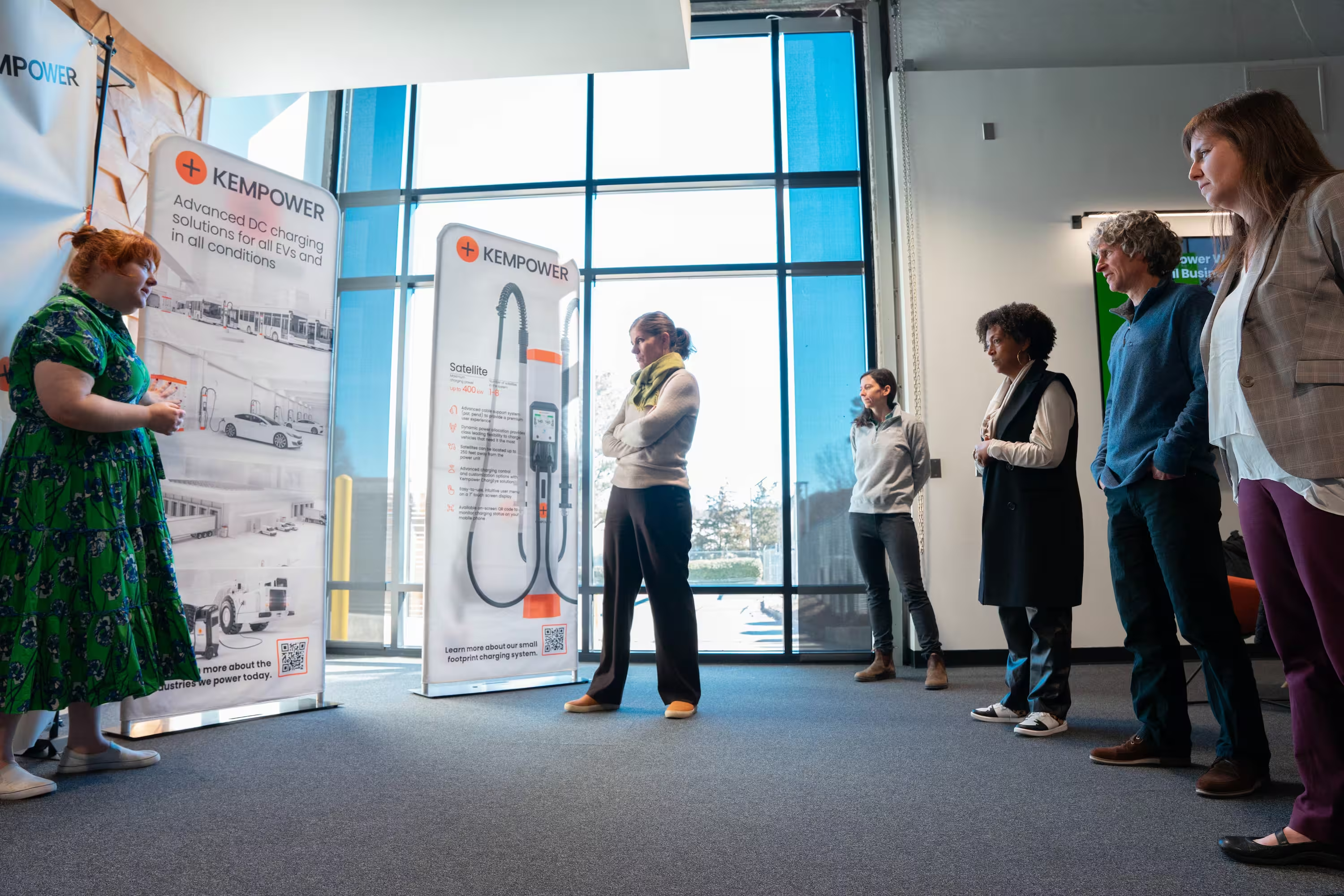Climate United Launches $30 Million Program for Clean Energy Projects in Underserved and Low-Income Communities
November 19, 2024
Climate United is providing grant awards to support local project planning and development in communities across the U.S.
BETHESDA, Md. – Today, Climate United announced Climate United NEXT, a pre-development grant program to help underserved and low-income communities deploy the next generation of clean energy projects. Leveraging its $6.97 billion award from the Environmental Protection Agency’s National Clean Investment Fund, Climate United is launching this new, innovative program to provide up to $30M in technical assistance and planning support for community-led projects that increase energy independence and resiliency, reduce greenhouse gas emissions and pollution, and save money.
Pre-development grants of up to $300,000 will be awarded over the course of multiple application rounds. The first round of Climate United NEXT grants will support clean energy projects in Native communities and will be open to non-profit organizations, state and local government entities, Indian tribes, and Institutions of Higher Education (IHE). The deadline to apply for the first round of Climate United NEXT grants is January 24, 2025, with awards announcements planned for late February.
Native communities have a proven track record of developing efficient and affordable clean energy projects, but often struggle to access low-cost capital to deploy projects. The support and technical assistance provided through Climate United NEXT will enable more Native communities to build clean energy projects that deliver meaningful community benefits.
“The clean energy economy is powered by American families and workers, and Climate United NEXT is focused on removing barriers many communities face when trying to develop clean energy projects,” said Krystal Langholz, Climate United’s Chief Community Officer. “Every community in America deserves the benefits that clean energy provides, including more resilience, good-paying jobs, stronger local economies, and improved public health. Our goal is to make sure no one is left behind in that transition.”
Climate United NEXT grants address pre-development financial gaps by funding planning, technical assistance, and community engagement to better understand project viability. Climate United will partner with grant recipients to identify solutions that meet their unique needs, develop plans for qualified projects, and ensure they are credit-ready. Eligible projects will be in pre-construction phase and include clean energy, energy efficiency, clean transportation, affordable and sustainable housing, workforce development, remediation of water infrastructure, and pollution mitigation.
The Climate United NEXT program is a part of Climate United’s investment strategy to ensure that 60 percent of its financial assistance is deployed for Low-Income and Disadvantaged Communities, 20% in rural communities, and 10% in Native communities. Over the next five years, Climate United NEXT plans to award up to $30 million in pre-development grants to unlock public and private capital for clean energy projects in underserved communities.
###
About Climate United
Climate United is a national nonprofit coalition leveraging $6.97 billion from the U.S. Environmental Protection Agency’s National Clean Investment Fund program to invest in green solutions and remove financial barriers to clean technologies so every American benefits from good-paying jobs, lower energy bills, and better public health. Formed by Calvert Impact, Community Preservation Corporation, and Self-Help, the coalition brings decades of experience in impact investing to increase environmental sustainability and unlock new, lasting economic opportunities in low-income and disadvantaged communities. Learn more at ClimateUnited.org.
This project has been funded wholly or in part by the United States Environmental Protection Agency under assistance agreement 84094001 to Climate United Fund. The contents of this document do not necessarily reflect the views and policies of the Environmental Protection Agency, nor does the EPA endorse trade names or recommend the use of commercial products mentioned in this document.
This release was updated December 26, 2024 to reflect a deadline extension. Applications were originally due January 10, but the deadline is now extended to January 24, 2025.
